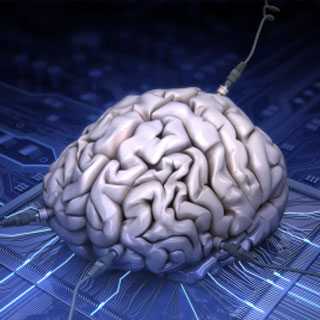Our minds function much like complex computers – better, in fact, than complex computers. Using today’s microchip technology, a computer with the same mental capacity as your brain would need to be as large as the Empire State Building. Somewhere in the mind is the knowledge and capacity to operate every single cell in the body at every moment in time. We cannot even imagine our capacity.
The brain acts as a recording device that begins the instant it starts functioning and doesn’t stop until death. It records on one or a combination of tracks at once. There are tracks to record audio, visual, and emotional sensations. Everything we read, see, or hear, along with any feelings associated with them, is recorded.
As the number of recordings or experiences increases, the tracks begin to overlap, mix with, and override previous recordings. When we consciously or subconsciously tap into our memory banks, what determines, then, which experiences or recordings get played back?
It depends on which program is most dominant. For example, if five recordings in your mental computer say that 2 + 2 = 4, and one says 2 + 2 = 5, when asked the answer for 2 + 2, it will most likely answer 4.
The second factor involved in recording and playback is the power source, or the energy available to our memory banks. Our energy levels help determine the quality of the recording and the playback. Without constant energy sources, the playback function is unpredictable. Low energy levels make the recording less reliable. The picture may be fuzzy and distorted.
Energy levels must be maintained so the brain can function at its optimum. Maintaining the body is important so that when we replay experiences the recording will consistently come through loud and clear. But even beyond maintaining the energy levels we can also help make certain that the dominant recordings in our minds are positive ones.
Energy levels must be maintained so the brain can function at its optimum. Maintaining the body is important so that when we replay experiences the recording will consistently come through loud and clear. But even beyond maintaining the energy levels we can also help make certain that the dominant recordings in our minds are positive ones.


